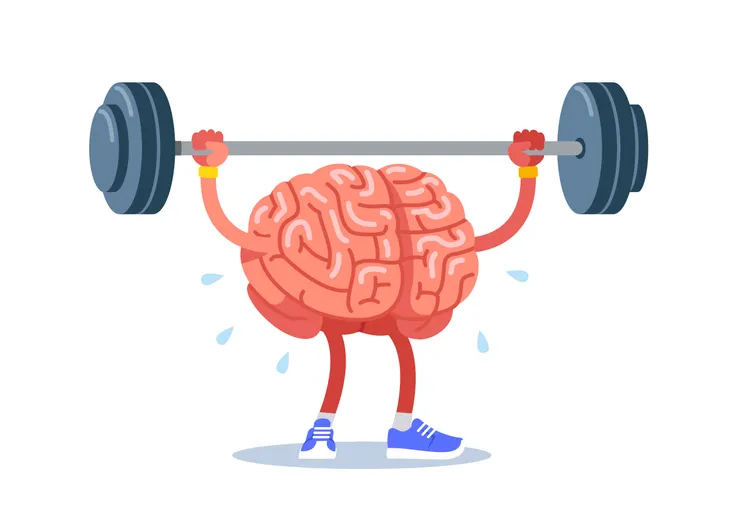Autumn marks so many transitions—the weather cools, the leaves change color, we move our clocks forward (daylight savings time in North America), and we crave warm comforting crock pot meals. However, the fall season also has many healthy transitions in store for us as well.
Here are eight ways that Autumn boosts our health and wellness…
An Extra Hour of Sunlight
Setting your clock an hour back is meant to make the most of sunlight. For many who suffer from Seasonal Affective Disorder (or SAD), a form of depression that strikes during the colder, darker months, that extra hour of daylight can make a big difference.
In fact, research from U.S. National Health Institutes claim that getting a mere 10 to 15 minutes of sunlight per day is adequate for replenishing the body’s needed vitamin D stores (it is called the “sunshine” vitamin) and to help combat SAD. So get outside and feel the sun on your skin.
Fall Into a Season of Progress
Even if you’re not a student, there’s something about autumn that marks new beginnings—be it a school year, new college, job promotion, or exercise goals. The nip in the Fall air makes us strive for new goals (personally, even more so than a new year), new progress, and new found intentions.
Outdoor Exercise Splendor
It’s almost undeniable that Fall offers the perfect climate for taking your workout—outside! Regardless of if you cycle, roller blade, run, or hike the temperate yet cool weather is ideal for some serious physical exertion without the treat of heat stroke, sunburn, and excessive perspiration, which can all prove quickly dehydrating.
Fall’s Bounty of Health
Squash, pumpkin, and apples—oh my Fall is jam-packed with a bounty of seasonal super foods! While seasonal squashes are rich in beta-carotene, a cancer-, hypertension, and heart-attack fighting compound, experts from the U.S. National Library of Medicine, also point to apples, as a juicy source of skin-, hair-, eye-, and teeth-boosting vitamin A.
Get More Quality Zzzzzzzs
Temperature can make or break a sound night of sleep, one that leaves you fatigued or energetic the following day. Research from the Charlottesville Neurology & Sleep Medicine clinic, sets the ideal sleep zone between 60-degrees and 68-degrees Fahrenheit, which early autumn boasts—minus the need for air conditioning or turning on your furnace.
I even slept with my window open a crack last night, the crisp Autumn breeze encourages heavenly snuggling with that special someone under a huge down comforter.
Autumn’s Peaceful Slumber
Along with more quality sleep, Autumn is also the time of year for catching up on more sleep. According to a study printed in the New England Journal of Medicine, the longer you sleep—the less risk you have for cardiovascular issues. In fact, rates of heart attack risk are at their lowest just following daylight savings time clock adjustments.
Brain is at Peak Performance
There’s many things we can do to boost brain function, but a scenic walk outside is likely one of the most powerful, according to a research study published in the journal, Psychological Science. In fact, when half of the study’s participants walked in an urban landscape and the other half strolled in a wooded area, the focus and memory was 20-percent stronger in those who tread in the forest.
Love is in the Air
There is such thing as a “love” hormone, according to a Brazilian study published in the International Journal of Sciences, which claims oxytocin, the so-called love hormone, is at it’s highest level in Fall, when we have the strongest urge to snuggle, hug, hold, and get busy with our special someone.
The study monitored diurnal rhythm of plasma oxytocin in a group of lactating buffalo cows in spring and autumn. Final conclusions showed that oxytocin concentration was at it’s highest during the Fall season.











